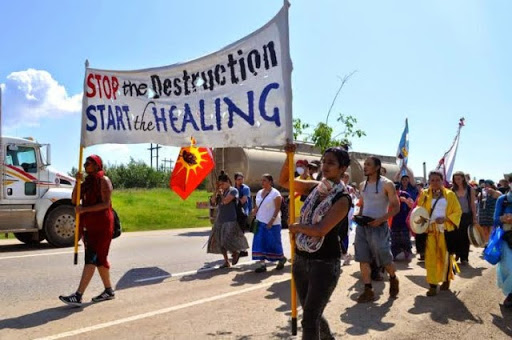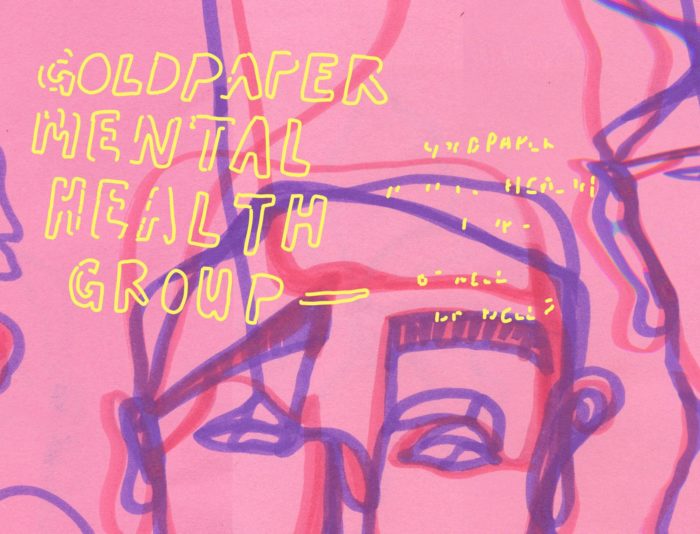Interviews
Arts Catalyst regularly works with artists and academics that seek to tackle questions around inequality within the contexts and systems that they operate in. The interviews below address: decolonial approaches to environmentalism and environmental activism, commoning health systems and democratising governance, theatre of oppressed techniques and socially-engaged arts practice, and queer, feminist and decolonial approaches to migration, citizenship, ecology and planetary health.
Interview | Erene Kaptani: Body-inclusive methods for self and social knowledge: Gendered and racialised bodies in public encounters
Erene Kaptani is an anthropologist, participatory theatre artist and dramatherapist with expertise in applied theatre/arts for social research, community building and public impact. She devises performances and arts events designed to question constructions of identities, and institutional and public communications. In the interview below, she discusses her creative practice and research into approaches to inclusive co-creation.
READ THE INTERVIEW
Interview | Suzanne Dhaliwal on climate change and the politics of activism

Activist and campaigner Suzanne Dhaliwal discusses her work, the role cultural institutions can play in reinventing and shaping the public sphere, especially with regards to activism, and what new challenges the covid19 pandemic presents in regards to challenging systemic violence. Dhaliwal provides a very open and personal account of the multiple struggles that a de-colonial practice implies in the field of activism and in the arts, and of the urge to fight all of them simultaneously.
READ THE INTERVIEW
Gold Paper Mental Health Group | Documentation from a Journey into Organising

The Gold Paper Mental Health Working Group is an independent student-staff inquiry group that met weekly on campus at Goldsmiths’ Student Union building in New Cross, South East London, between February 2018 and June 2019. The group understands mental health to be a common good (see Mental Health as Public Good, The Gold Paper, 2018, pp 34-37), rejecting its privatisation and pathologization via dominant understandings of mental health that isolate individuals through institutionalisation, blaming them for their own conditions and removing community care and assistance from those in need. The following text describes the journey that the group undertook in order to make their demands visible within the institution, and to openly tackle the causes and effects of an increasing institutional pressure on students and members of staff.

